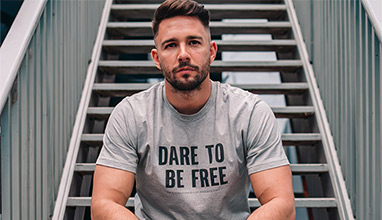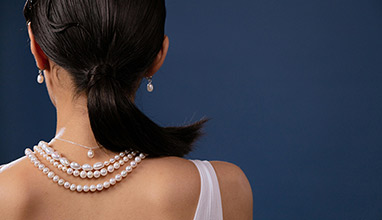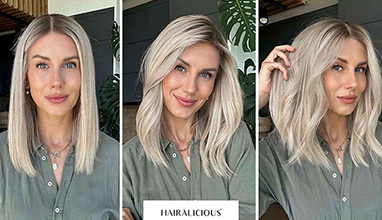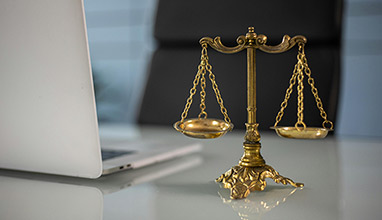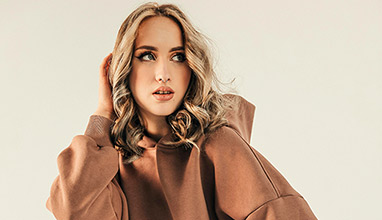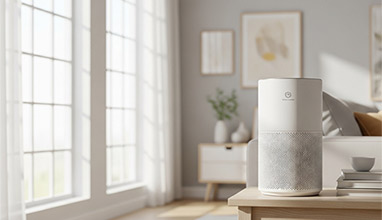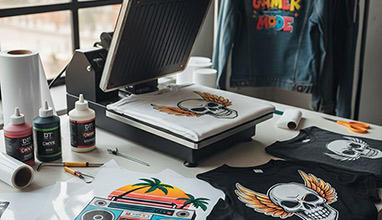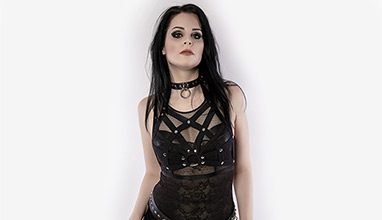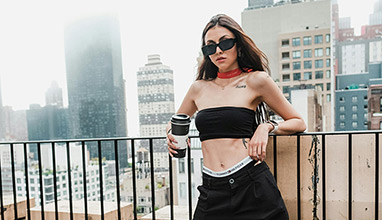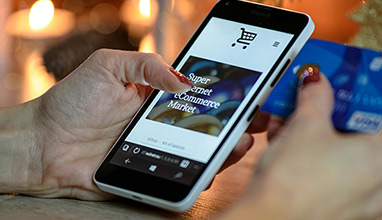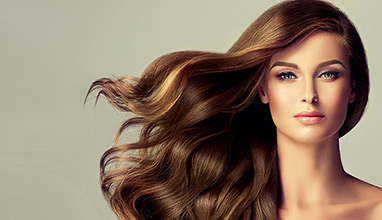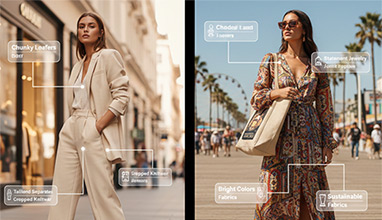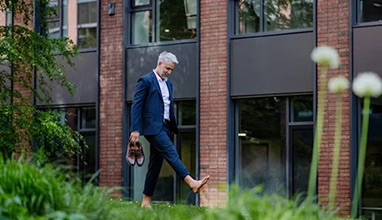How to Style the Work Leisure Trend
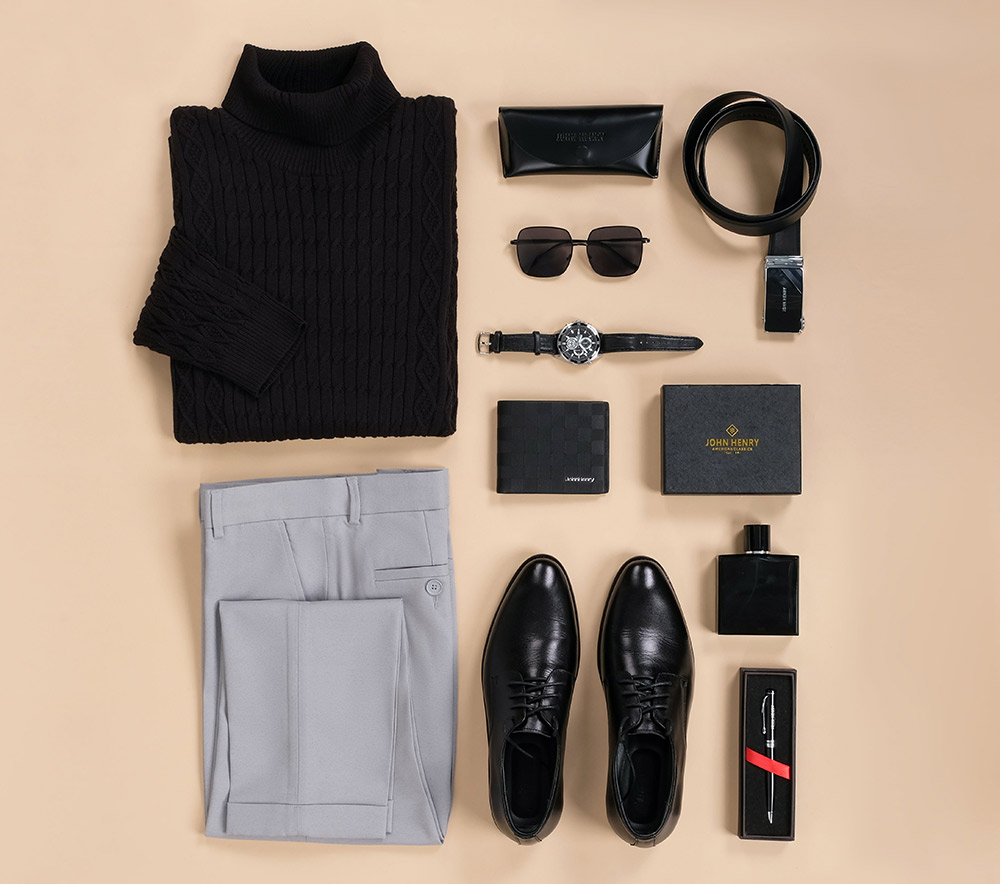
Photo by Tien Nguyen from Pexels
Prior to the pandemic, workwear was already undergoing a makeunder of sorts, with corporate wear gradually becoming less formal and restrictive. By early 2020, remote working was introduced en masse, signaling a change not just to how we worked, but what we wore to work.
The decision to wear comfortable clothes while working from home is not uncommon, but amid the stress of lockdowns, social distancing and uncertainty, donning a pair of sweatpants also had a cosseting effect, not unlike wrapping oneself in a wearable cocoon.
Act Casual
Some may argue that the discomfort of work attire (a button-up shirt or a tightly-laced shoe) has a bracing, “dress for the job you want” effect, while those who prefer a more casual style might find this same sense of constriction distracting. Enter work leisure, a trend that aims to bridge the gap between formal work attire and comfort clothing.
The term itself might be contradictory, but for those working between home and the office, it’s the perfect dress code for a hybrid lifestyle. While the trend might bear a resemblance to its predecessor athleisure, there are a few key differences.
What to Wear
The key to hybrid dressing is to be intentional: rather than simply throwing on a sweatpant suit and calling it done, it’s about choosing pieces that look office-appropriate but feel comfortable enough to wear around the house. Some examples of this might include:
1. A good-quality tee shirt (thick material, good construction; excellent as a layering piece)
2. A pair of tailored joggers (ones that resemble pants, as opposed to jersey sweatpants)
3. A sweater (or cardigan) in cashmere, merino or wool
4. A polo shirt (or any shirt with neck detail)
5. A soft, slightly unstructured jacket (this can be a blazer, although other styles also work)
Another way to interpret this trend without leaning too casual or formal is to mix and match your pieces. For instance, a tee shirt worn with a pair of tailored joggers, or an Oxford shirt worn with a pair of dark wash stretch jeans. The point here is to use one formal piece to elevate the casual aspect of your outfit to appear a little more put-together.
Footwear
Equally, this “looks smart, feels comfy” philosophy can be applied to footwear, which in this case might refer to a smart sneaker, a cozy chukka boot or even a lace-up shoe, provided they’re not too tight-fitting.
If you balk at the idea of shoes inside the house, another option can be to invest in a second pair of shoes (ideally slip-on sneakers, or for something a little more formal, like loafers) to wear around the house.
Comfort and Style
The choice of fabric is just as important as the cut. Here, you should aim for stretchy, not slovenly: think tops in moisture-wicking performance fabrics, a pair of wool-flannel pants with a stretch waistband or a jacket with a little elasticity to it.
To differentiate your workwear from clothing you would actually wear during your downtime, save your favorite band tee for clocking out and for the work day, opt for high quality fabrics that won’t bobble easily. Wash according to manufacturers’ instructions and remember to store them properly in your closet (even if they’re non-iron).
Hits: 4077 | Leave a comment
Tags:Work Leisure Trend



